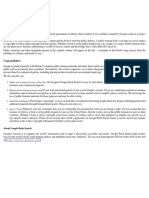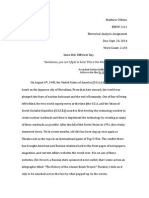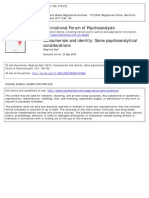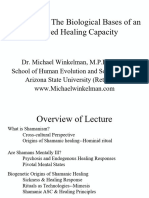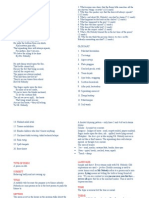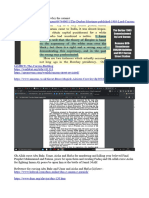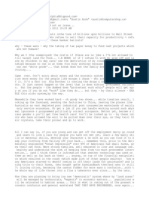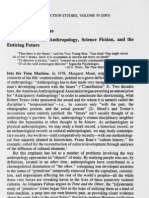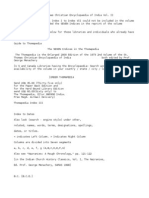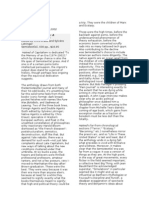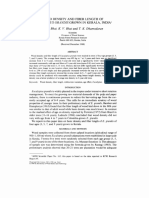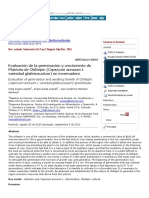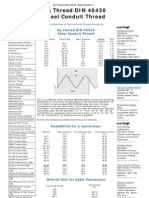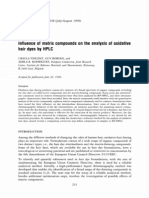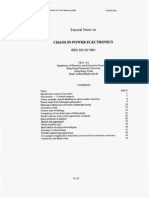100% found this document useful (1 vote)
60 views3 pages+Lgghq:Ulwlqj: American Book Review, Volume 33, Number 3, March/April 2012, Pp. 10-11 (Review)
Negarestani delivers an enigmatic and horrific mix of theory-fiction as archaeological ungrounding in Cyclonopedia. The text examines the fictional works of Dr. Hamid Parsani, exploring topics like bacterial archeology, warfare, demons, and material decay from a nonhuman perspective. Cyclonopedia shifts political agency to anonymous materials like dust and decay, and uses concepts like "Hidden Writing" to reveal new understandings of Middle Eastern politics obscured from human viewpoints. The existence of the author Negarestani himself is also ambiguous and perplexing.
Uploaded by
Chavez HugoCopyright
© © All Rights Reserved
We take content rights seriously. If you suspect this is your content, claim it here.
Available Formats
Download as PDF, TXT or read online on Scribd
100% found this document useful (1 vote)
60 views3 pages+Lgghq:Ulwlqj: American Book Review, Volume 33, Number 3, March/April 2012, Pp. 10-11 (Review)
Negarestani delivers an enigmatic and horrific mix of theory-fiction as archaeological ungrounding in Cyclonopedia. The text examines the fictional works of Dr. Hamid Parsani, exploring topics like bacterial archeology, warfare, demons, and material decay from a nonhuman perspective. Cyclonopedia shifts political agency to anonymous materials like dust and decay, and uses concepts like "Hidden Writing" to reveal new understandings of Middle Eastern politics obscured from human viewpoints. The existence of the author Negarestani himself is also ambiguous and perplexing.
Uploaded by
Chavez HugoCopyright
© © All Rights Reserved
We take content rights seriously. If you suspect this is your content, claim it here.
Available Formats
Download as PDF, TXT or read online on Scribd
/ 3


